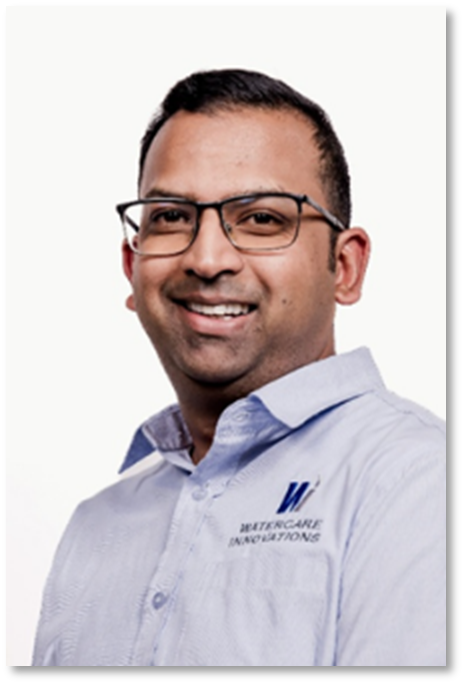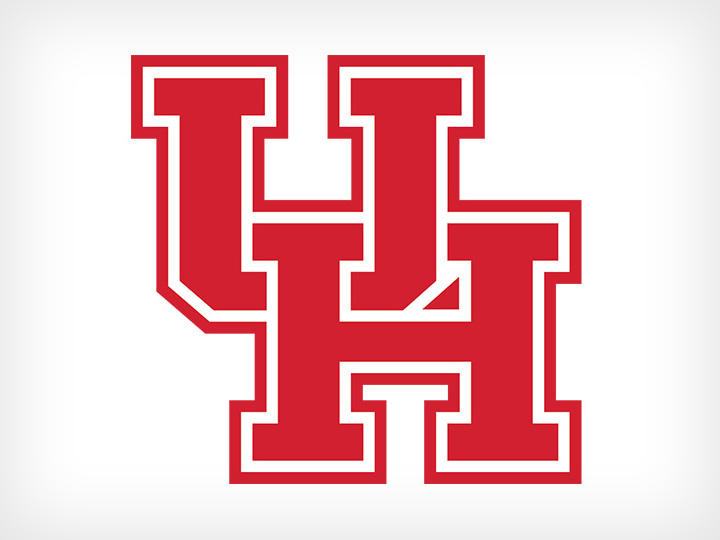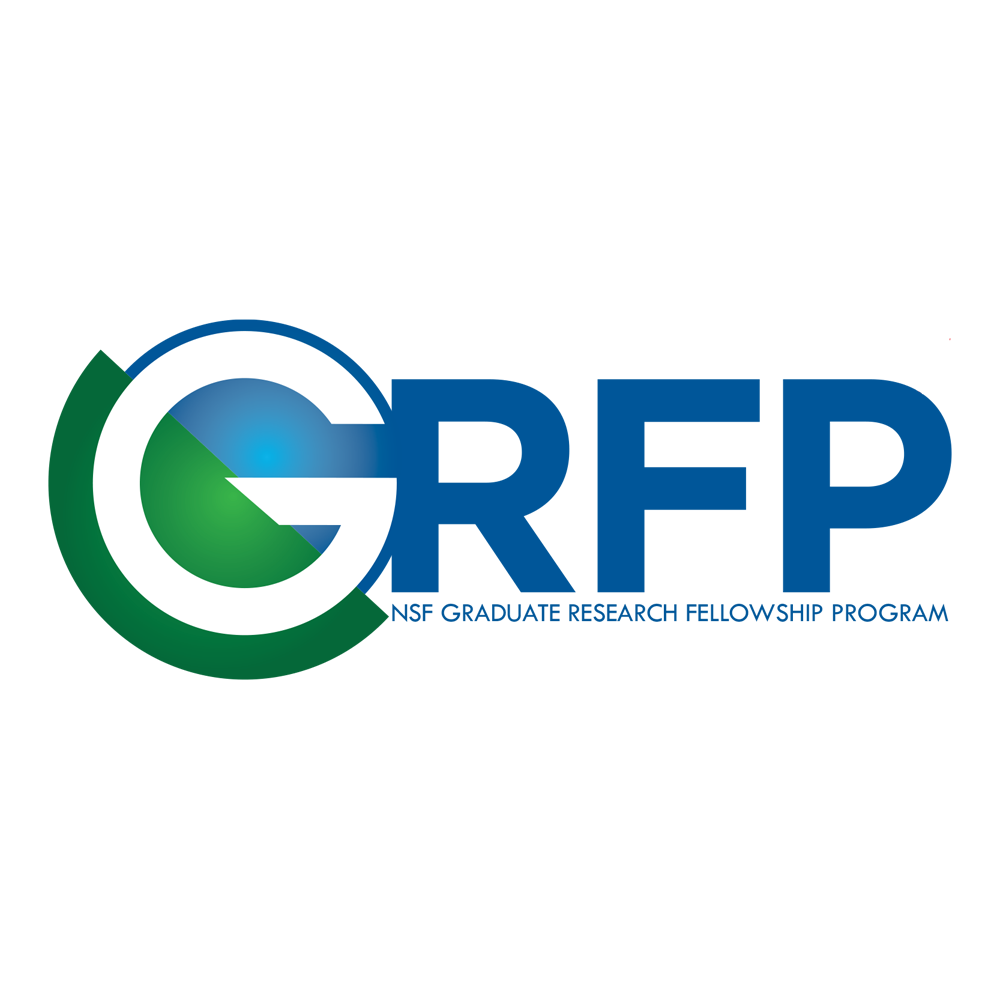2025 Water Forum
Thursday, March 6, 2025
4:00 pm - 6:00 pm
Join us for the Water Forum on March 6th from 4:00 PM to 6:00 PM, hosted by TIEEP. This event focuses on water management topics for energy and water engineers, managers, and consultants in the process industries. As part of our outreach efforts, the forum provides an opportunity to engage with industry experts and explore innovative solutions to current water challenges. The Water Forum is held in conjunction with the AIChE STS monthly dinner meetings and is an excellent platform for networking and knowledge sharing. This year, the forum will be hosted at the University of Houston, allowing students to attend at no charge. Don’t miss this chance to be part of the conversation and advance water management practices in the energy sector!
The water that we use inside our chemical plants and oil refineries is part of massive system that includes both natural and manmade elements. In this year’s TIEEP Water Forum, we will explore the use of life cycle assessments, a case study of using membranes to save water, save energy, and improve profitability, and finally a study in an integrated water treatment strategy in a demanding environment.
Speakers & Topics
Tools and Techniques for Assessing Sustainability in Engineering Design
In this talk, Dr. Andrew Shaw from the Engineering firm Black & Veatch, will talk about applying sustainability principles in engineering design. Starting with some background information on sustainability concepts, he will introduce attendees to two very different tools that can be used to assess sustainability. Firstly, he will talk about the ENVISION rating system which was developed by the Institute for Sustainable Infrastructure (ISI) in 2010 specifically to assess infrastructure projects. Using a rating system that’s similar to the well-known LEED system for buildings, the ENVISION rating system has features that enable it to be applied more readily to infrastructure projects. Secondly, he will talk about the use of life cycle assessments (LCA) to assess potential environmental impacts beyond just tracking carbon footprint, and through the different phases of project design, construction, use, and decommissioning. He will wrap up the talk with some general comments on meta trends affecting how we look at sustainability in engineering design.

Dr. Andrew Shaw, Black & Veatch
Andrew is a Global Practice & Technology Leader in Wastewater and Sustainability for Black & Veatch, based in their Houston office.
Andrew is the past chair of the Technical Practice Committee for the Water Environment Federation (WEF) and he serves on the board of trustees for the American Association for Environmental Engineers and Scientists (AAEES). He is a past board member for the Institute for Sustainable Infrastructure (ISI) Envision review board.
He has over 30 years of wastewater treatment experience from 4 continents including operations, design, and research.
Economic Evaluation of a Desal & Brine Valorization Plant
Tamim A. Popalzai is the Process Engineering Manager, Water Technology & Engineering at FLUOR. Sustainable water management is now a necessity for industries as water resources are increasingly stressed across many parts of the world. The water crisis is a risk that can significantly impact a project’s financial success based on factors such as declining water resources, deteriorating water quality, more robust treatment requirements, stricter water discharge regulations, and higher energy needs. A circular economy approach in water management can help mitigate the risk associated with the global water scarcity crisis by increasing the utilization of available reject streams. This requires using minimum liquid discharge (MLD) or Zero Liquid Discharge (ZLD) design strategies to reduce water consumption, increase recovery, lower energy usage, reuse water, and valorize the waste streams. Innovative water technologies such as Brine Concentration Membranes (BCMs) can be considered.
Tamim A. Popalzai, FLUOR
Tamim has over 25 years of experience in process design of water / wastewater treatment, desalination, modeling, and simulation of water systems in various sectors such as Oil/Gas, Petrochemicals, Renewable Energy, Semiconductor, Mining & Metals, Pharmaceuticals and Municipal. Tamim has specific expertise in the financial lifecycle modeling of water projects in determining economic viability and profitability. He has carried out pilot studies and modeling/simulation for water treatment projects and supported operations in troubleshooting. Tamim has authored technical papers on water treatment, desalination water costs, and brine valorization and has delivered presentations in several water conferences. He also helps in business development, technology assessment, and training. He serves as Fluor’s Subject Matter Expert (SME) for water / wastewater treatment and desalination in Houston, Texas.
Innovative Water Solutions: Lessons from South Africa's Industrial Challenges
Rinesh Jivanji is the CEO of Watercare Innovations. Drawing from South Africa's experiences with water security and a contracting industrial market has fostered innovative approaches to water challenges. An integrated water treatment strategy, incorporating chemicals, process technologies, equipment, and operational principles linked to performance metrics, has been developed in this demanding environment.
In recent years, the South African industrial market has increasingly focused on core competencies due to a constrained market. This shift has created a knowledge gap in water-related skills, causing service delivery failures both internally and externally.
By applying fundamental chemical engineering principles, such as conducting a standard water balance and superimposing salt balances or addressing bottlenecks in water-related processes, complex water challenges can be effectively managed.
This discussion will highlight case studies, including a novel ion exchange regeneration process that recycles NaCl and addresses an environmental discharge that threatened a plant shutdown; a water-stressed site that recycles cooling tower blowdown, reducing water intake while enhancing cooling tower performance; and isolating a process stream within a complex plant to recover valuable dissolved minerals, with water as a by-product, achieving an 18-month payback for the client.
Rinesh Jivanji, Watercare Innovations
Rinesh is the CEO of Watercare Innovations, a leading company in water treatment solutions in South Africa. With over 17 years of experience in the industry, Rinesh has a strong background in feasibility, design, and implementation of industrial water treatment solutions, focusing on generating tangible returns for customers. He holds an MBA as well as an MSc in Chemical Engineering and has previously worked in Research Assistant at TU Delft. Rinesh has recently relocated to Houston and is spearheading business development efforts in the Western US, driving growth and innovation in the water treatment sector.
Program Overview
The mission of the Texas Industrial Energy Efficiency Program (TIEEP) is to provide thought-leadership, sharing ideas, technologies, opportunities and timely information to Texas industries on ever-improving energy intensity, reduced environmental impact, resilience, and enhanced social and economic development. TIEEP’s industry focus is the oil refining and chemicals sectors. TIEEP is organized by UH Energy, and funded through a grant from the State Energy Conservation Office (SECO).
Post Event
The TIEEP Water Forum will be followed by STS-AIChE’s monthly dinner meeting program at the same venue. Registration for the dinner meeting program, both online and in-person

- Location
- University of Houston, Student Center South
- Sponsor
- UH Energy


